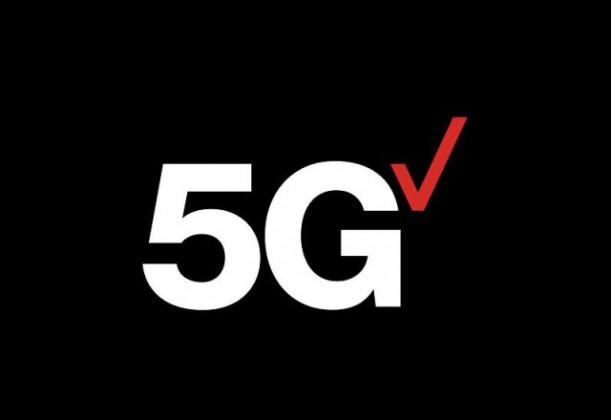Verizon Communications has revealed that it achieved marginal increase in total revenue and substantial reduction in operating expense in 2019.

Verizon revenue touched $34.775 billion (+1.4 percent) in the fourth quarter and $131.868 billion (+0.8 percent) in 2019.
Operating expenses of Verizon showed 16.4 percent reduction in Q4 2019 to $28.136 billion and 6.5 percent drop in 2019 to $101.490 billion.
Verizon reported revenue of $24.2 billion (+2 percent) from consumer division and $8.1 billion (+0.8 percent) from business division.
Verizon reported revenue of $25.3 billion (+3.5 percent) from wireless business and $7.1 billion (–4.1 percent) from wireline business.
Verizon CEO Hans Vestberg said: “In 2019, Verizon drove innovation in 5G, established a new operating structure and delivered solid financial results. We entered 2020 with great momentum as we expand our network leadership and remain focused on the customer to provide a best-in-class experience.”
Verizon did not reveal the progress on the roll out of its 5G network and related increase in ARPU.
Verizon Capex
Verizon’s capital expenditures were $17.9 billion in 2019. The focus of Verizon was to build-out of Verizon’s 5G Ultra Wideband network, the growth in data and video traffic on the company’s 4G LTE network, the deployment of significant fiber in markets nationwide and the upgrade to Intelligent Edge Network architecture.
Verizon said capital spending will be between $17 billion and $18 billion in 2020, including the expansion of 5G in new and existing markets, the densification of 4G network, and the continuation of the fiber build-out.
The company said it added 790,000 phone customers who pay a monthly bill in the fourth quarter.
The largest U.S. wireless carrier by subscribers has cut prices and made its offerings more attractive by bundling services such as Apple Music to battle intense competition in the industry.
In October, Verizon said it would offer a year-long subscription to Walt Disney’s Disney+ with its unlimited plans, a move aimed at rival AT&T, which is expected to launch its own streaming platform HBO Max in May.





